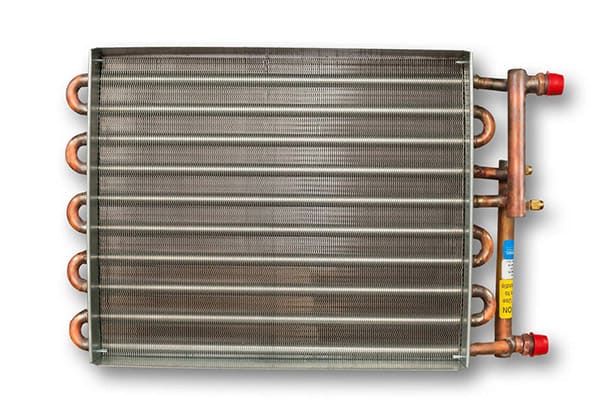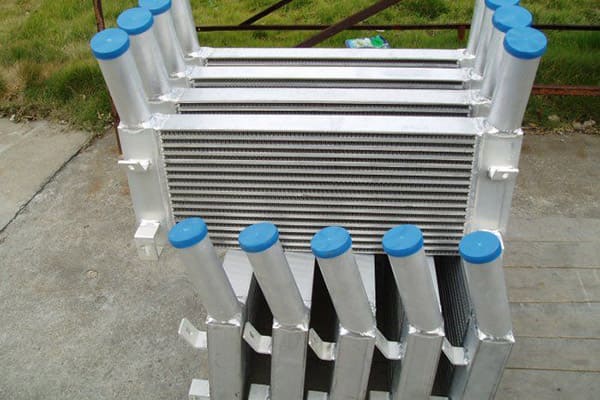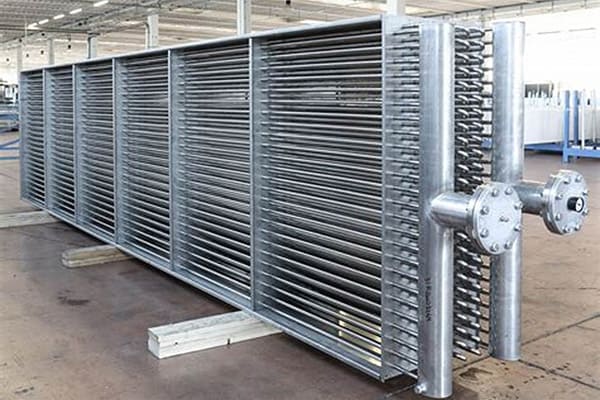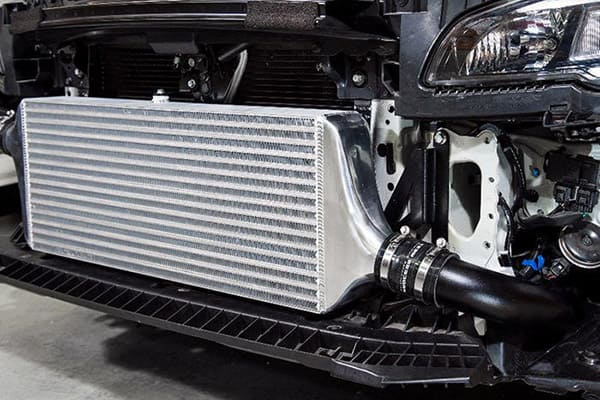Heat exchangers play a crucial role in various industrial applications, from HVAC systems to chemical processing. The better choice of heat exchangers significantly impacts their performance, durability, and cost-effectiveness.
Heat exchangers play a crucial role in various industrial applications, from HVAC systems to chemical processing. The better choice of heat exchangers significantly impacts their performance, durability, and cost-effectiveness. Two of the most commonly used materials are aluminum and stainless steel. This article delves into the advantages and disadvantages of both materials, providing a comprehensive guide to help you make an informed decision.

Better Choice of Heat Exchangers
A heat exchanger is a device designed to transfer heat between two or more fluids. The efficiency of this process is influenced by the material used, which affects thermal conductivity, corrosion resistance, and overall durability.
Aluminum is known for its lightweight, excellent thermal conductivity, and resistance to corrosion. Here are some key properties:

Stainless steel is renowned for its strength and resistance to corrosion, making it suitable for high-temperature applications. Key properties include:

Chemical Processing Stainless Steel Heat Exchangers
Aluminum’s superior thermal conductivity allows for more efficient heat transfer, making it ideal for applications where rapid heat exchange is crucial.
| Material | Thermal Conductivity (W/m·K) | Density (g/cm³) | Cost (per kg) |
| Aluminum | 205 | 2.7 | $2.00 |
| Stainless Steel | 15-25 | 7.9 | $4.00 |
Aluminum’s lightweight nature makes it easier to handle and install, reducing transportation costs. However, stainless steel’s strength offers better structural integrity, especially in high-pressure applications.
Advantages:
Disadvantages:

Automotive Heat Exchangers
Advantages:
Disadvantages:
When selecting a heat exchanger, consider the following factors:
| Factor | Aluminum | Stainless Steel |
| Cost | Lower | Higher |
| Thermal Efficiency | High | Moderate |
| Corrosion Resistance | Moderate | High |
| Weight | Lightweight | Heavier |
| Strength | Lower | Higher |
While aluminum can be used in marine applications, its susceptibility to corrosion in saltwater environments makes stainless steel a more reliable choice.
Aluminum heat exchangers typically require more frequent inspections for corrosion, while stainless steel units are generally more durable and require less frequent maintenance.
Aluminum heat exchangers can last 10-15 years, while stainless steel units can exceed 20 years with proper maintenance.
Yes, some manufacturers produce hybrid heat exchangers that combine aluminum and stainless steel to leverage the advantages of both materials.
Both aluminum and stainless steel have their unique advantages and disadvantages when it comes to heat exchangers. The choice ultimately depends on the specific requirements of your application, including environmental conditions, budget constraints, and performance expectations.
For applications where weight and thermal efficiency are critical, aluminum may be the better choice. Conversely, for environments that demand high strength and corrosion resistance, stainless steel is often the preferred material.
Huawei Aluminum is a large-scale 5052 aluminum foil raw material manufacturer, with 30 years of experience in aluminum foil production and sales.
Factory hot selling thick aluminum foil, thin aluminum foil, household packaging aluminum foil, food packaging foil, medicinal aluminum foil
Contact us today to learn more about our 5083 aluminum coil offerings and how we can meet your specific requirements.
Huawei Aluminum is your reliable partner for 0.5mm aluminum coils, and we are committed to meeting your aluminum needs with a wide range of alloy models and specifications.
Powder coated aluminum sheet refers to the aluminum sheet processed by powder spraying process;
8021 aluminum foil has the characteristics of cleanliness and hygiene, and can be made into an integrated packaging material with many other packaging materials. In addition, the surface printing effect of 8021 aluminum foil is better than other materials. Therefore, 8021 aluminum foil alloy can also be used in the field of food packaging.
No.52, Dongming Road, Zhengzhou, Henan, China
Henan Huawei Aluminum Co., Ltd, One Of The Biggest Aluminum Supplier In China Henan,We Are Established In 2001,And We Have rich experience in import and export and high quality aluminum products
Mon – Sat, 8AM – 5PM
Sunday: Closed
© Copyright © 2023 Henan Huawei Aluminium Co., Ltd
Latest Comments
Dear Sir, Please offer your best FOB Prices specs are as under ALUMINIUM STRIP (AL=99.50% MIN) SIZE:450 X32 X6 MM. DIN EN 570 EN-AW 1050 A, QUANTITY=3400KG
Hello, Would you be so kind to offer item as follows: Coil 0,6х1250 (1000)mm EN AW-3105 5tons
Hello, Can you offer me Aluminium plates? Actally I need: 110mm x 1700mm x 1700mm 5083 H111 - 21 pcs Next year planed is 177 pcs
Świetny artykuł. Byłem zachwycony, że wyszukałem ten artykuł. Wielu osobom wydaje się, że mają rzetelną wiedzę na ten temat, ale często tak nie jest. Stąd też moje miłe zaskoczenie. Jestem pod wrażeniem. Zdecydowanie będę rekomendował to miejsce i częściej wpadał, aby zobaczyć nowe rzeczy.
requirement of aluminium strip